
Henry Holland was a New Zealand politician of the Reform Party, and Mayor of Christchurch from 1912 to 1919.

Sir John Kenneth McAlpine was a New Zealand politician of the National Party. He was the Member of Parliament for Selwyn from 1946 to 1966, when he retired.
Sydney Lough Thompson was a New Zealand artist.

George Laurenson was a New Zealand Member of Parliament for Lyttelton in the South Island.
Ellesmere was a parliamentary electorate in the Canterbury region of New Zealand. It existed for two periods between 1861 and 1928 and was represented by six Members of Parliament.
Edward George Wright was an independent conservative Member of Parliament in New Zealand.
Richard Moore was an independent conservative Member of Parliament in New Zealand and Mayor of Kaiapoi.

Sir Ernest Herbert Andrews was a New Zealand teacher, printer and cricketer and local-body politician. He was on the Christchurch City Council from 1919 and Mayor of Christchurch from 1941 until his retirement in 1950.
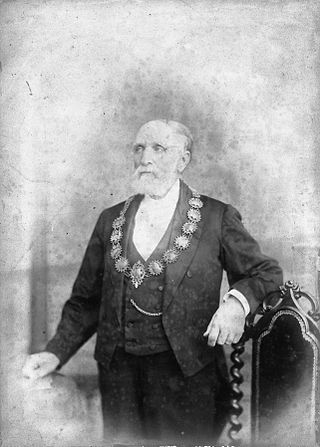
James Gapes was a local politician in Christchurch, New Zealand. He was Mayor of Christchurch on two occasions, and the father of a later mayor, Thomas Gapes. He was the first mayor who was elected by the voting public; previously city councillors chose one from their rank as mayor.
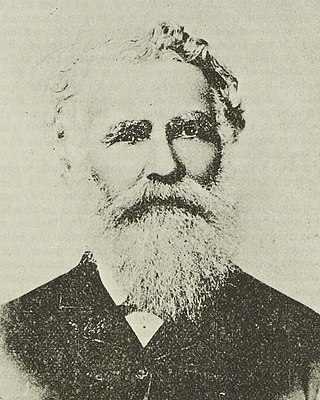
William Prudhoe was Mayor of Christchurch, New Zealand, for 1892.
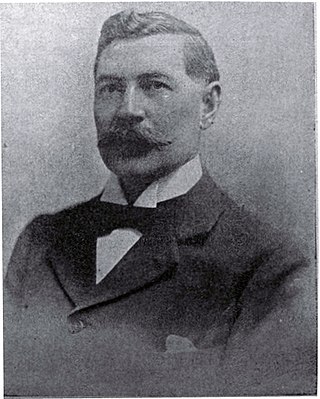
William Reece was a New Zealand businessman and local-body politician. He served as mayor of Christchurch for the years 1900 and 1901.

Leonard Harper was a 19th-century Member of Parliament in Canterbury, New Zealand.
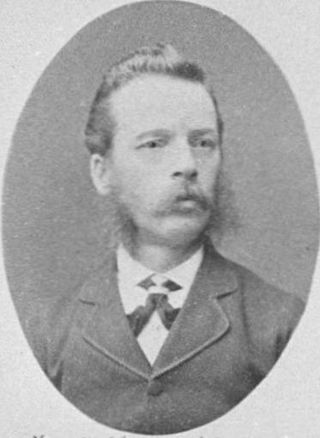
Harry Allwright was a 19th-century Member of Parliament in Canterbury, New Zealand. A painter and glazier by trade, he came out with his parents and siblings in the Cressy in 1850, one of the First Four Ships. He took over his father's company in 1859 and became involved in local politics. He first became Mayor of Lyttelton in 1870 and was re-elected seven times. In the 1879 New Zealand general election, he defeated the incumbent and represented the Lyttelton electorate for three parliamentary terms until his own defeat in 1887. He died in 1892 and was survived by his wife; there were no children.
Edward Allan Hargreaves was a 19th-century Member of Parliament in Canterbury, New Zealand.

Hugo Friedlander was a New Zealand businessman, local politician, and horse breeder from Ashburton.

The Christchurch mayoral election held on 27 November 1895 was contested by city councillors Howell Widdowson and Harry Beswick. Both candidates were young solicitors with few prior civic roles. Initially, the incumbent mayor—Walter Cooper—was one of the candidates but he withdrew. Widdowson attracted some controversy over the question whether he put his nomination forward ahead of a more senior city councillor; many voters still expected at the time that a mayoralty should be assigned to the most senior councillor. Another important issue for many voters was that Widdowson was a tee-totaller and was thus regarded as a prohibitionist, with Beswick seen as the representative of the liquor lobby. Beswick won the election with a clear majority and was installed as mayor of Christchurch on 18 December 1895.

The Mayor of Ashburton officiates over the Ashburton District of New Zealand's South Island. The district is administered by a district council. From 1878 until the 1989 local government reforms, the area was administered by a borough council. Neil Brown is the current mayor of Ashburton; he was elected in the 2019 local elections.
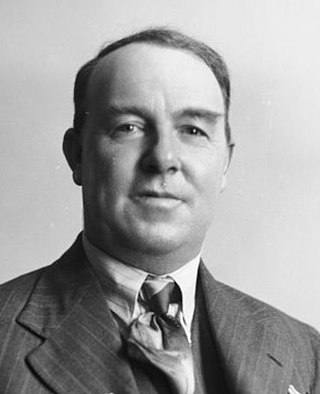
The 1938 Christchurch City mayoral election was held on 11 May. The incumbent, John Beanland of the Citizens' Association, failed to get the nomination by his party and the surgeon Dr. John Guthrie was nominated instead. The Labour Party nominated Robert Macfarlane. Both the Labour and conservative candidate had been members of Christchurch City Council for some years. Macfarlane narrowly won the mayoralty.

The Mayor of Lyttelton was the head of the municipal government of Lyttelton, New Zealand. The position existed from 1868, when the Borough of Lyttelton was formed.
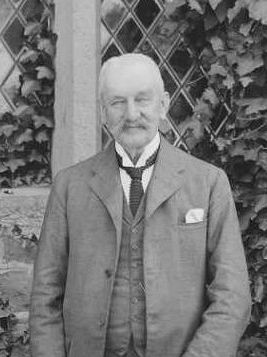
Sir George Harper was an English-born New Zealand lawyer. From a large family, he was a son of the inaugural bishop of Christchurch, Henry Harper, and he arrived in Christchurch in 1858 at age 15, two years after his father. He completed his education in Christchurch and farmed for a few years before commencing law. Embroiled in an embezzlement case by his brother Leonard, he was bankrupted and removed from the bar for five years. After readmission, he set up his own practice. Like his parents, he had a large family; three of his boys were killed in World War I. Harper was involved in a number of community initiatives, clubs and societies, and was knighted shortly before his death. He died aged 93 and had outlived his wife and most of his children.
















